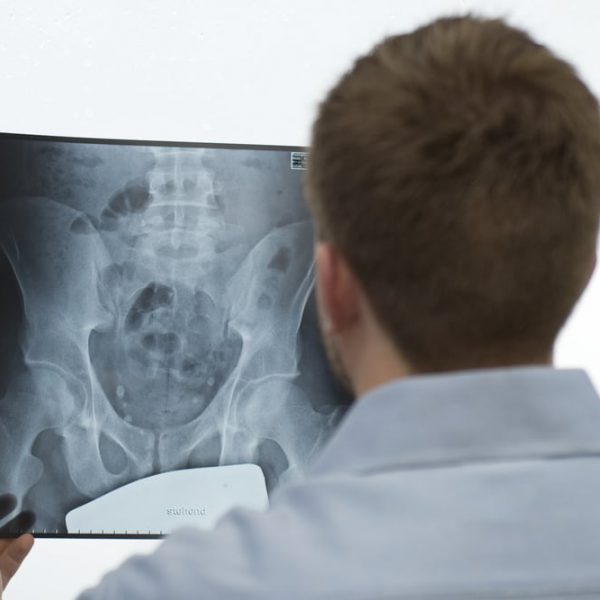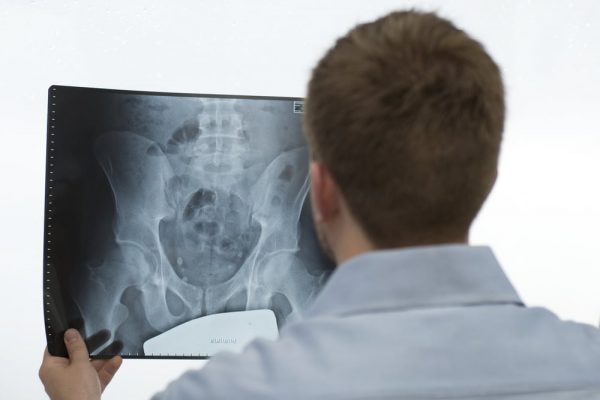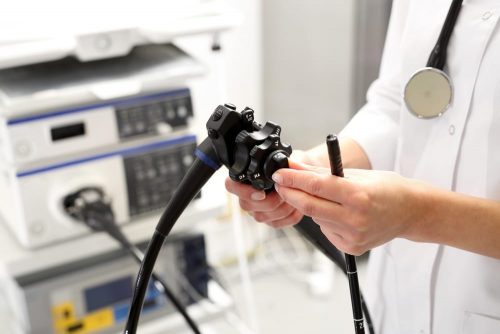Pelvic floor MRI focuses on the pelvic floor and anus.
It is used to assess anal muscle and sphincter structure and to diagnose the condition of the rectal wall.
In which cases should a pelvic floor MRI examination be performed?
Assessment of anal muscle and sphincter structure.
Diagnosis of the rectal wall in case of an abscess or perianal fistula.
Assistance in planning for surgery in cases of an abscess or perianal fistulas.
Diagnosis of rectal wall tumor.
Diagnosis of tumor originating from other body tissue that has metastasized to the anus and rectum area.
How should one prepare for a pelvic floor MRI?
During this examination, the patient will be asked to apply slight intra-abdominal pressure several times.
Fasting – It is important to check for the requirements of the institution where the examination will be performed, prior to the examination. Some institutions instruct to fast a few hours prior to the examination, while others do not instruct to do so.
Clothing – Do not wear clothes with metal parts, and any metal jewelry found on the body should be removed, along with hair pins and keys.
Metals in the body – The medical staff should be informed of metals found in the body, in cases such as a pacemaker, stent that was implanted during catheterization, artificial joint, surgical clip, insulin pump, shrapnel or cochlear implant. Most of these implants do not contain magnetic metals, and therefore will not prevent the performance of the examination, but the medical team must be informed of each of the implants listed above prior to the examination.
Claustrophobia – Patients who are afraid of a confined spaces may use tranquillizers about an hour prior to the examination, in consultation with a doctor.
Contrast agents – Occasionally, this examination uses the contrast agent gadolinium. It is a metal contrast agent with magnetic properties that enables a more efficient demonstration of blood vessels and increases the quality of the scan. In contrast to iodine-based contrast agents, gadolinium hardly causes any allergic reactions or side effects. In cases of advanced kidney failure, the use of a contrast agent should be avoided.
Pregnancy – Women who may be pregnant are asked to notify their doctor or examination technician.





